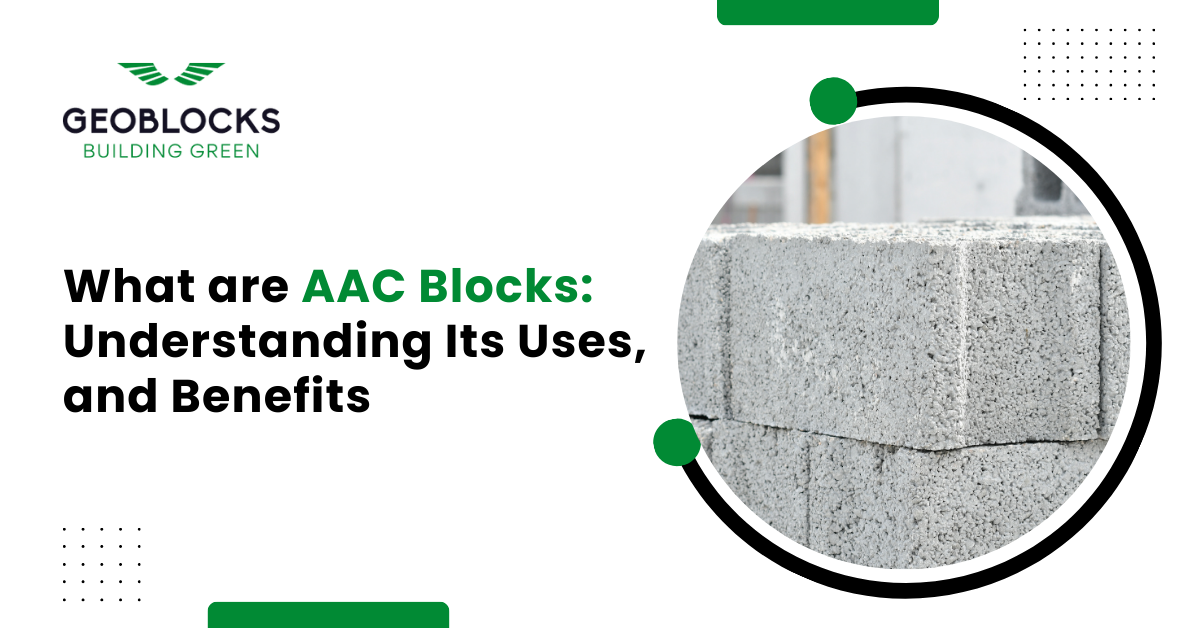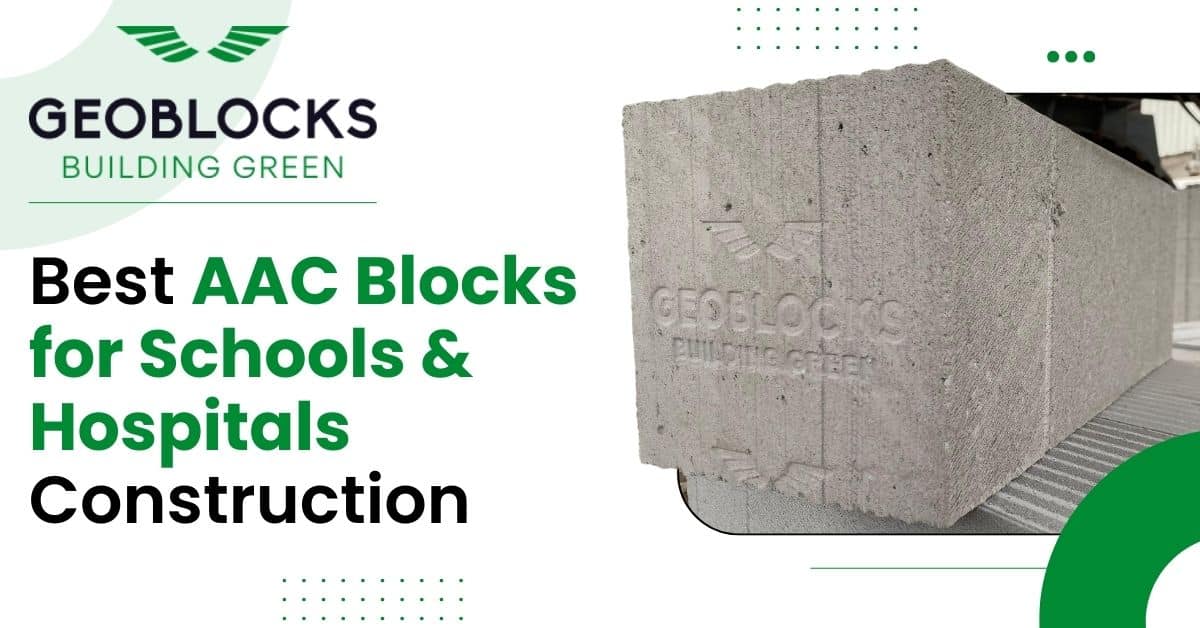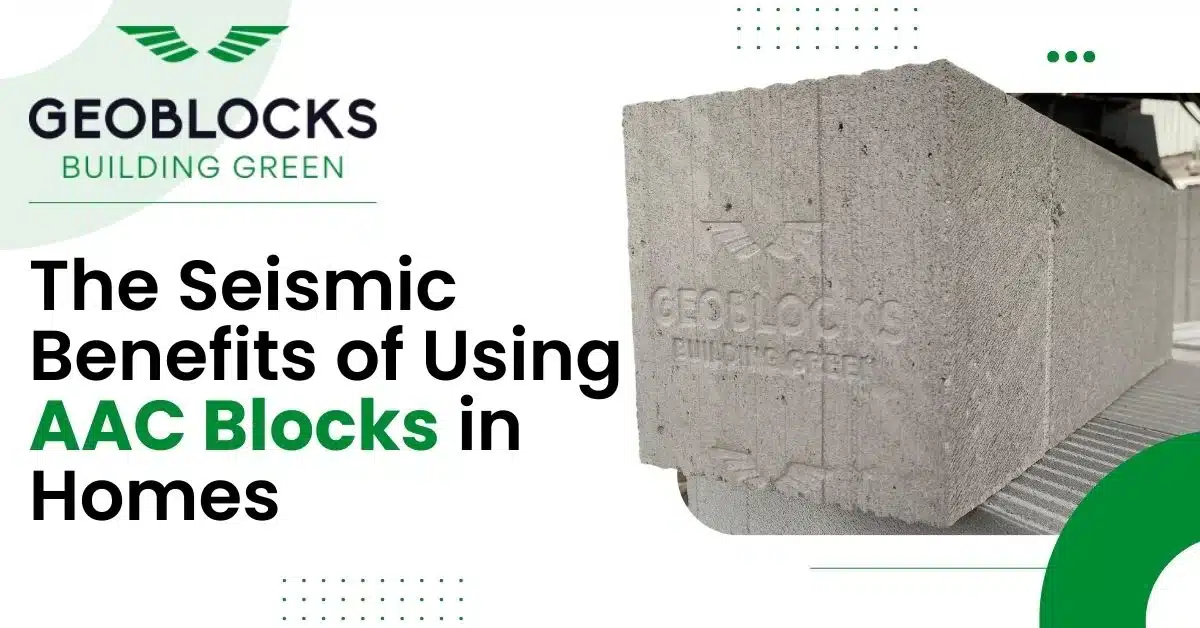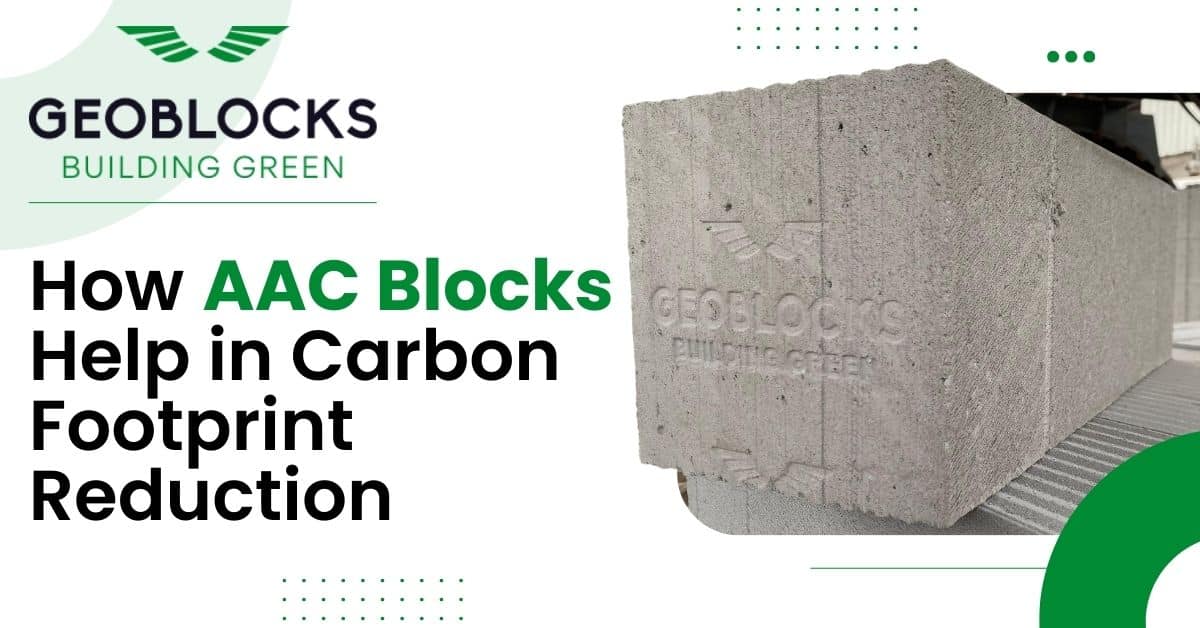When constructing schools and hospitals, choosing the right building materials is crucial for safety, durability,…

What are AAC Blocks?
AAC (Autoclaved Aerated Concrete) Blocks are Lightweight, Precast Building Materials composed of Natural Raw Materials such as Fly Ash, Cement, Lime, Gypsum, and Aluminum Powder. These Blocks undergo a Chemical Reaction during Manufacturing that creates Millions of Tiny Air Pores, giving AAC its Unique Cellular Structure.
AAC Blocks are Renowned for their Exceptional Thermal Insulation Properties, making Buildings Energy-efficient by Reducing Heating and Cooling Costs. They offer Good Fire Resistance, Sound Insulation, and Durability while being Environmentally Friendly due to their Use of Recycled Materials and Low Carbon Footprint. Available in Various Sizes and Shapes, AAC Blocks are Easy to Handle, Transport, and Install, making them a Preferred Choice for Modern Construction Projects seeking Sustainable and High-Performance Building Solutions.
Uses of AAC Blocks
AAC (Autoclaved Aerated Concrete) Blocks are widely Used in Construction due to their Exceptional Qualities.
Load-Bearing Walls: Ideal for constructing strong and durable load-bearing walls.
Non-Load-Bearing Walls: Suitable for partition walls and interior structures.
Residential Projects: Perfect for building homes due to their insulation and soundproofing properties.
Commercial Projects: Used in office buildings and commercial spaces for efficient construction.
Industrial Projects: Suitable for factories and warehouses due to their strength and fire resistance.
Exterior Walls: Provide excellent thermal insulation, making them ideal for exterior walls.
High-Rise Buildings: Lightweight nature makes them suitable for high-rise construction, reducing overall load.
Partition Walls: Perfect for creating internal partitions with ease.
Fire-Resistant Structures: Enhance safety with superior fire resistance.
Eco-Friendly Construction: AAC blocks are a sustainable choice, contributing to green building practices.
Reduced Construction Time: Precise dimensions and ease of installation speed up construction processes.
Choose AAC Blocks from Geoblocks, a Leading Building Blocks Manufacturer in Vadodara, for Reliable and Efficient Construction Solutions.
Benefits of AAC Blocks
AAC (Autoclaved Aerated Concrete) Blocks offer Several Advantages for Construction Projects:
Excellent Thermal Insulation: AAC Blocks provide Superior Thermal Comfort, Reducing Energy Consumption for Heating and Cooling.
Lightweight: Their Lightweight Nature facilitates Easier Handling and reduces Structural Load, Speeding Up Construction.
Fire Resistance: AAC Blocks are inherently Fire-resistant, Ensuring Safety and Compliance with Building Regulations.
Sound Insulation: They effectively Absorb Sound, creating Quiet Indoor Environments.
Water Resistance: AAC Blocks exhibit Good Water Resistance, minimizing Moisture-Related Issues and Enhancing Longevity.
Durability: AAC Blocks are Durable, requiring Minimal Maintenance over their Lifespan.
Environmentally Friendly: Made from Recycled Materials and has a Low Carbon Footprint, AAC Blocks contribute to Sustainable Building Practices.
These qualities make AAC Blocks a Preferred Choice for Modern Construction Projects aiming for Energy Efficiency, Safety, Durability, Water Resistance, and Sustainability.
Frequently Asked Questions
What Sizes and Shapes Are AAC Blocks Available in?
AAC Blocks come in Various Sizes, Typically Ranging from Standard Sizes like 600 x 200 x 100 mm to Larger Dimensions as Needed for Specific Construction Requirements. They are also Available in Different Shapes, allowing Flexibility in Design.
How do AAC Blocks compare to Traditional Concrete Blocks in Terms of Strength?
While AAC Blocks offer Excellent Thermal and Sound Insulation, they Generally have Lower Compressive Strength compared to Dense Concrete Blocks. Engineers often Reinforce AAC Block Structures for Heavy Load-bearing Applications.
Are AAC Blocks Suitable for All Climates?
Yes, AAC Blocks are known for their Thermal Insulation Properties, making them Suitable for Various Climates. Proper Waterproofing and Installation Practices are Crucial to maximize their Performance in Humid or Rainy Conditions.
Can AAC Blocks be Used for Interior and Exterior Walls?
Yes, AAC Blocks are Versatile and can be used for Both Interior and Exterior Walls. They provide Good Insulation and Soundproofing Qualities, enhancing Comfort Levels Indoors.
Conclusion
In Conclusion, AAC (Autoclaved Aerated Concrete) Blocks represent a Sustainable and Efficient Choice for Modern Construction Projects. Their Lightweight Nature, combined with Excellent Thermal Insulation, Fire Resistance, and Soundproofing Capabilities, makes them Ideal for Energy-efficient Buildings. Whether used for Residential, Commercial, or Industrial Applications, AAC Blocks contribute to Sustainable Building Practices by Reducing Energy Consumption and minimizing Environmental Impact. As Technology Advances and Awareness Grows, AAC Blocks are Expected to Play an increasingly Significant Role in the Construction Industry Worldwide.
Ready to Explore AAC Blocks for Your Next Project? Contact GEOBLOCKS Today to Learn More about Availability, Pricing, and How AAC Blocks can Enhance your Building’s Performance and Sustainability. Let’s Build a Better Future Together with AAC Blocks.




